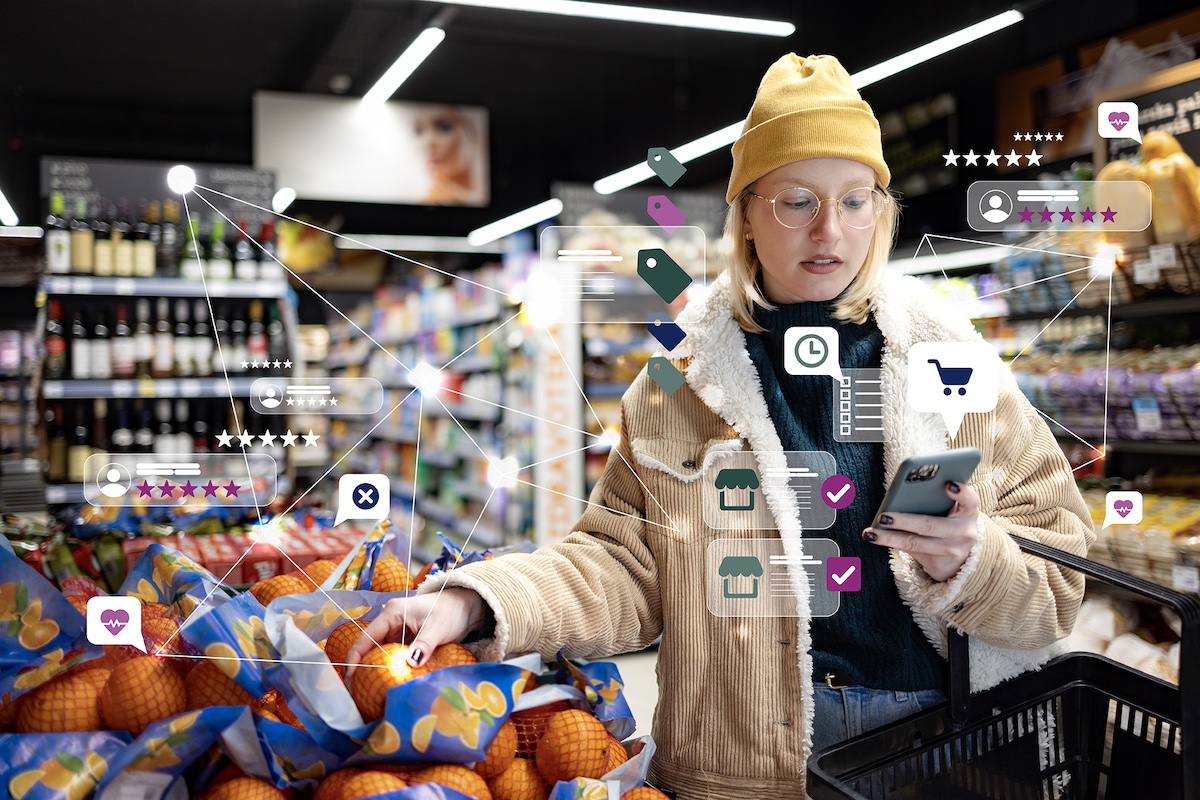Ten teams of innovators have been named finalists in the Smart Data Challenge Prize to accelerate the development of new apps and technologies that could empower consumers and SMEs.
The Smart Data Challenge Prize, funded by the Department for Business & Trade, is delivered by challenge prize experts Challenge Works, in partnership with the Open Data Institute, bigspark and NayaOne.
Smart Data allows individual consumers and business customers to access and share their data simply and securely with third parties, enabling those third parties to provide innovative services.
As a pioneer of Open Banking, the UK led the world in using Smart Data to improve services for consumers and small businesses, while creating the regulatory framework for British fintech start-ups to flourish.
Following this success, there is a huge opportunity to drive momentum towards a Smart Data ecosystem that promotes economic growth, focusing on new sectors like energy, homebuying and others, to drive positive change that works for all consumers.
Finalists of the Smart Data Challenge Prize include prototype technologies to accelerate the journey to Net Zero, make work pay and assist SMEs, and promote economic growth and stability.
Minister for Employment Rights, Competition and Markets, Justin Madders MP, said, “This prize supports Britain’s world-class entrepreneurs and innovators to develop the technologies that will lead the world and seize the opportunities of the future making the UK a better place to live, to work and to run a business.”
Helping businesses calculate scope 3 emissions
Businesses often struggle to measure their carbon emissions correctly – particularly Scope 3 emissions across their supply chain – which makes it harder to fight climate change. Mycelium Network is creating a free, open platform that uses smart meter and carbon accounting data to track real carbon emissions and make it easy to report Scope 1 and 2 emissions. In turn it helps other businesses, financial institutions and procurement teams to find low-carbon suppliers using primary, validated emissions data.
Cutting energy costs for small businesses
VoltView is creating a Smart Energy Marketplace that aims to be a tool to help businesses use less energy, save money, and get their buildings ready for new EPC rules coming in 2030. It will bring together multiple data sources (meter readings, tariffs, carbon intensity, EPC ratings, building characteristics and financial data) to provide tailored advice to help SMEs pick better energy deals and achieve EPC A or B ratings. Instead of prioritising tariffs with the best fees over environmental credentials, this tool aims to be fair, honest, and help businesses do the right thing for the planet.
Making domestic solar energy more affordable
68% of people in the UK plan to install solar panels according to DESNZ, but domestic solar energy is often generated and exported to the grid with households selling excess energy cheaply, while later having to buy expensive grid energy. BelowZero is a smart system that helps homes use, store, or sell solar power at the best times without the need to install extra hardware. The team will create a prototype that uses weather, energy pricing, energy consumption and property data to decide every 30 minutes how to save the most money and cut pollution. Early tests show potential for big savings on bills and carbon, making energy smarter and greener for everyone.
Testing solutions in the smart data sandbox
Each of the finalist teams will receive £50,000 and access to a bespoke and secure Smart Data sandbox enabling them to test their products.
In Autumn 2025, an overall winner with the most promising Smart Data solution will be awarded £50,000. There will be two runner-up prizes of £25,000.
 The Smart Data Sandbox – built specifically for the prize by Naya One, and containing synthetic data created by bigspark – will provide secure, synthetic data representing 5,000 individuals and 100 small businesses over a one-year timeline. Entrants must use at least one of the synthetic datasets provided in the sandbox as part of their solution but teams are also welcome to bring any data they have the right to use into their secured area of the sandbox.
The Smart Data Sandbox – built specifically for the prize by Naya One, and containing synthetic data created by bigspark – will provide secure, synthetic data representing 5,000 individuals and 100 small businesses over a one-year timeline. Entrants must use at least one of the synthetic datasets provided in the sandbox as part of their solution but teams are also welcome to bring any data they have the right to use into their secured area of the sandbox.
The Smart Data Sandbox will provide finalists with access to APIs and underlying synthetic data across a range of sectors including finance, homebuying, energy and retail to mirror what a Smart Data ecosystem might look like and inspire innovation.




